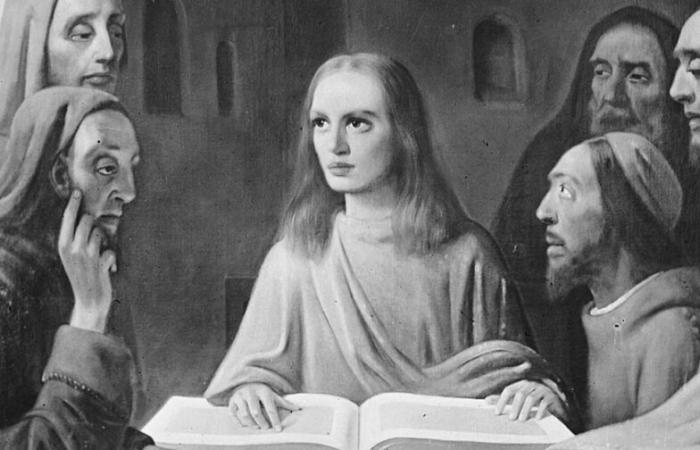Jesus' original way of interpreting the law
“Do not think that I have come to abolish the Law or the Prophets, Jesus said, I did not come to abolish but to fulfill” (Mt 5:17). This question of Jesus' relationship to the law is not always easy to understand? However, it is essential. In the gospels, it is on this subject that he debates with the scribes and the Pharisees. Doctors of the law to whom the evangelists attribute the intention of trapping Jesus. A quick reading of the texts suggests that there are on one side those who respect the law, in a somewhat rigid and obsessive way, and on the other side Jesus, who emancipates himself from the law of Moses.
What relationship to the law does Jesus propose? He does not seek to throw away the rules and laws but to question them. “It's not that he doesn't respect the law, analyzes Sister Pascale Dominique. I think it's wrong to say that. The law is absolutely necessary, for every human being a law is necessary to be able to live.” Jesus interprets the law in the Jewish tradition of his time, but with his originality. “He questions their relevance, even if it means going against these rules.”
So, “when Jesus goes beyond the law, explains Sister Pascale Dominique, it's always to heal someone, to help, to save someone physically and even more in a certain way morally.” The gospels are – a little “like life” – often contradictory, observes the nun. And yet, there is a consistency: it is “the spirit of Christ which flows through the gospel”. And which runs through Jesus' interpretation of the law.






